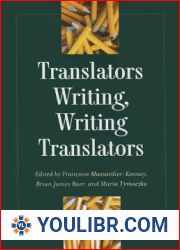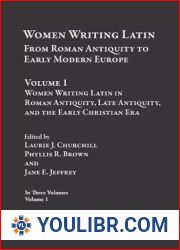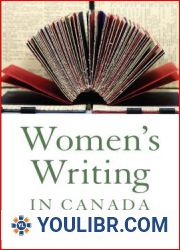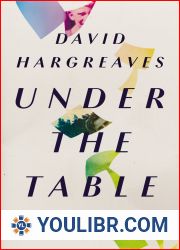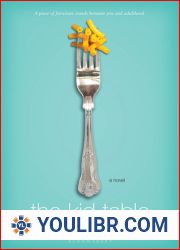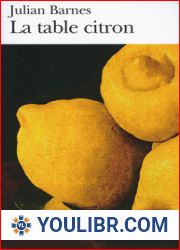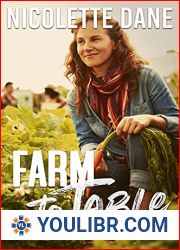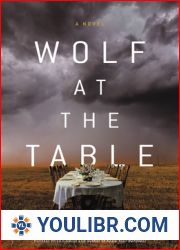
BOOKS - Writing at the Kitchen Table: The Authorized Biography of Elizabeth David

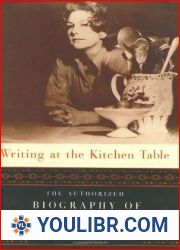
US $8.54

632622

632622
Writing at the Kitchen Table: The Authorized Biography of Elizabeth David
Author: Artemis Cooper
Year: October 28, 1999
Format: PDF
File size: PDF 5.3 MB
Language: English
Year: October 28, 1999
Format: PDF
File size: PDF 5.3 MB
Language: English
Elizabeth David's reputation as one of the most influential food writers of the twentieth century rests primarily on her first five books. Mediterranean Food appeared in 1949 when England was still on wartime rations. Before long every self-respecting cook had a copy of it in the kitchen; between 1955 and 1985, more than a million copies of her book were sold. Elizabeth's aim was to bring flavor of these blessed lands of sun and sea and olive trees and " into English homes, and her books transformed a generation of cooks by demystifying unfamiliar ingredients like garlic, red peppers and olive oil that have since become everyday cooking staples. Born in 1913 to a wealthy, well-connected family, Elizabeth Gwynne was privately educated until the age of sixteen, when she was sent to France to learn the language and study at the Sorbonne. After being and "finished and " in Paris and Munich, she returned to London and worked briefly as an actress, but left again to explore Europe. At the age of twenty-six, she and her married lover, Charles Gibson-Cowan, set-off on a boat bound for Greece. Trapped in Antibes by the war, Elizabeth came under the spell of Norman Douglas, one of the most important influences in her life. She and Charles set sail again just as Italy entered the war, only to find themselves interned in Messina, accused of espionage. Eventually they reached Athens. They spent the winter in 1940-41 on a Greek Island, where Elizabeth first started to cook Mediterranean food. The German invasion of the Balkans forced them to join refugees fleeing to Egypt. In the raffish Fortunes of War of Alexandria and Cairo, Elizabeth flourished and came to know writers such as Lawrence Durrell and Patrick Leigh Fermor. She also met Tony David, an officer in the Indian army. He proposed to her by letter from Italy and, to the astonishment of her friends, she accepted. After the war and a few months in India, Elizabeth returned to gray rationed England. Exasperated by the bleakness of English food, she put pen to paper and wrote Mediterranean Food, a book that caught the imagination of a generation was soon followed by French Country Cooking, Italian Food, French Provincial Cooking, and many other titles. In the course of the next decade, the happiest of her life, Elizabeth's books and articles inspired a cookery revolution. Working from an extensive archive of personal papers, Artemis Cooper reveals the powerful tensions between Elizabeth David's private world and the image of the successful woman she presented to her public. It is a story that even some of her closest friends never knew.








